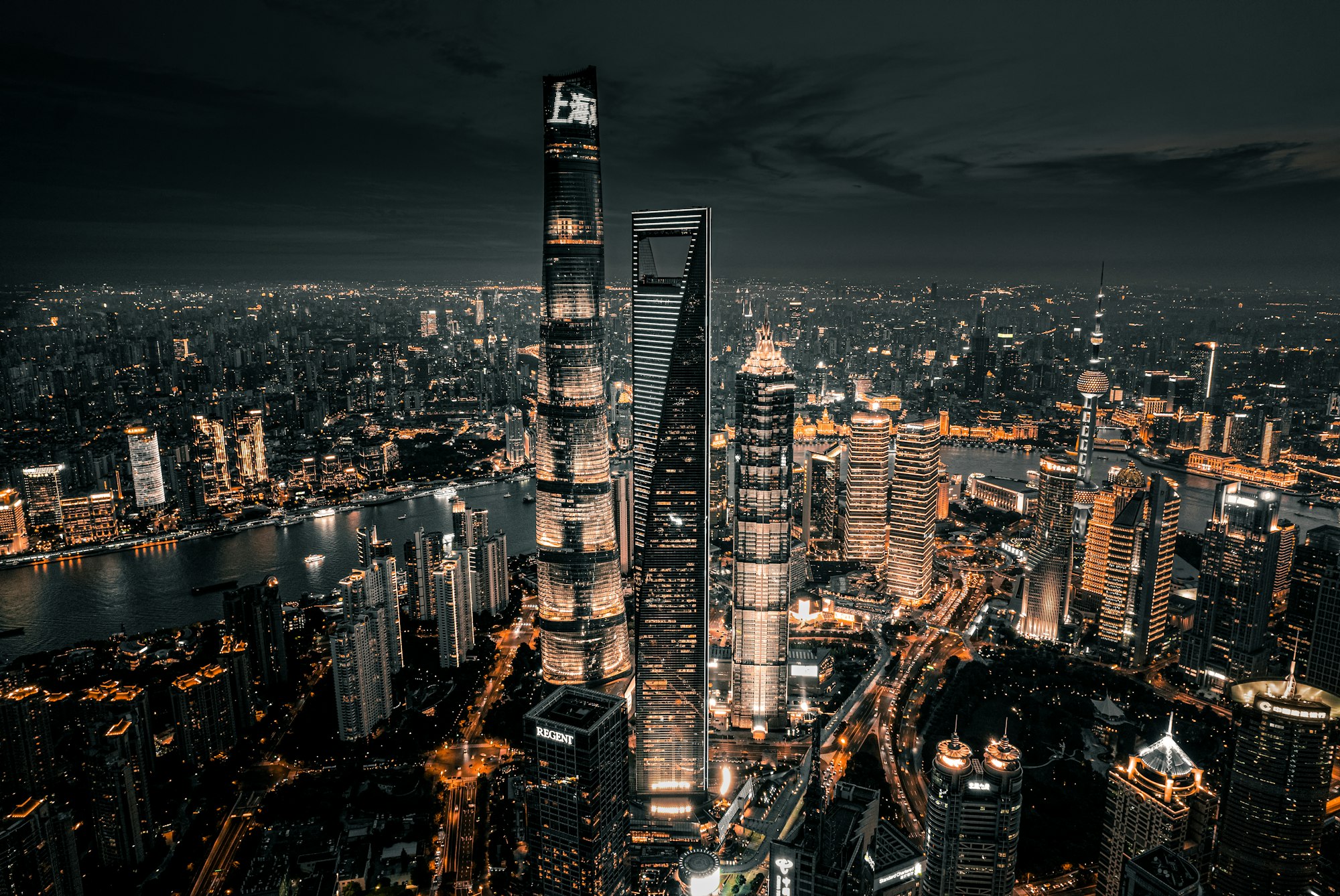Yellen Urges Cooperation and Market Reforms in China Visit
The United States has imposed bans or restrictions on certain Chinese companies and their products due to concerns related to national security, alleged human rights violations

Janet Yellen, the United States Secretary of the Treasury, paid a visit to China from July 6 to 9, 2023, with the objective of revitalizing the strained relationship between the two nations.
The disputes over security, technology, and other matters had put a strain on the ties between the United States and China. During her trip, Yellen held meetings with Premier Li Qiang, China's second-ranking official, as well as other senior government representatives.
They engaged in discussions regarding the significance of managing relationships, addressing concerns directly, and collaborating to tackle global challenges. While Yellen did not have a direct meeting with Chinese leader Xi Jinping, she did express her disapproval of China's treatment of American businesses during her visit.

Alleviate Tensions with China
The aim of the US Treasury Secretary was to alleviate tensions between the two major economic powers and strengthen communication between the world's two largest economies.
The United States has imposed bans or restrictions on certain Chinese companies and their products due to concerns related to national security, human rights violations, and apprehensions regarding China's technological advancements. These actions have impacted Chinese companies across multiple sectors, including:
- The United States has banned the sale of communication equipment manufactured by Chinese companies Huawei and ZTE, while also limiting the use of certain Chinese-made video surveillance systems due to deemed "unacceptable risk" to national security.
- Chinese telecoms and video surveillance products from suppliers like Huawei, ZTE, and other Chinese companies have been banned from importation or sale in the United States.
- In response to concerns over national security, US interests, and human rights, the United States has added 36 Chinese high-tech companies, including those involved in aviation equipment, chemicals, and computer chips, to an export controls blacklist.
- Efforts have been made to prohibit American technology companies like Nvidia from selling specialized AI application chipsets to China.
- The possibility of restricting US-based cloud providers, such as Amazon Web Services and Microsoft, from supplying services to Chinese companies has been raised.
- Imports from Chinese printer maker Ninestar Corp and a Chinese chemicals company have been banned by the United States.
- The White House is reportedly contemplating an executive order to prohibit US investment in high-end Chinese tech, such as artificial intelligence, quantum computing, 5G, and advanced semiconductors.
Yellen Meets Li Qiang

Visit World Future for more foreign news and regional Asean stories
According to sources, Yellen's meeting with Premier Li Qiang centered on the necessity for the United States and China to work together and exhibit leadership when it comes to critical global challenges. Yellen also called on China to implement market reforms and voiced criticism of China's punitive measures against American companies. While addressing concerns, Yellen discussed the US administration's aspiration for healthy economic competition with China.
Market reform refers to the process of transitioning from a centrally planned economy to a market-based economy. This process involves reducing the government's role in the economy and allowing market forces, such as supply and demand, to guide investment, production, and distribution decisions.
While a detailed outcome of the meeting between Janet Yellen and Premier Li Qiang is not disclosed by the sources, a press release from the US Treasury Department describes the meeting as "candid and constructive," serving as part of ongoing efforts to deepen economic ties between the two countries.
In conclusion, Janet Yellen's visit to China as the US Treasury Secretary aimed to repair strained economic relations and foster communication between the two countries. The meetings with Premier Li Qiang and other senior officials focused on addressing global challenges, urging market reforms, and expressing concerns over China's treatment of US companies. While the outcome of the meetings remains undisclosed, the visit signifies a step towards resolving tensions and finding common ground between the world's two largest economies.

